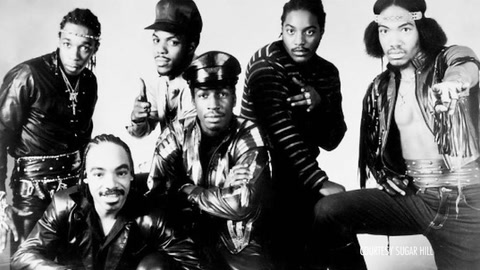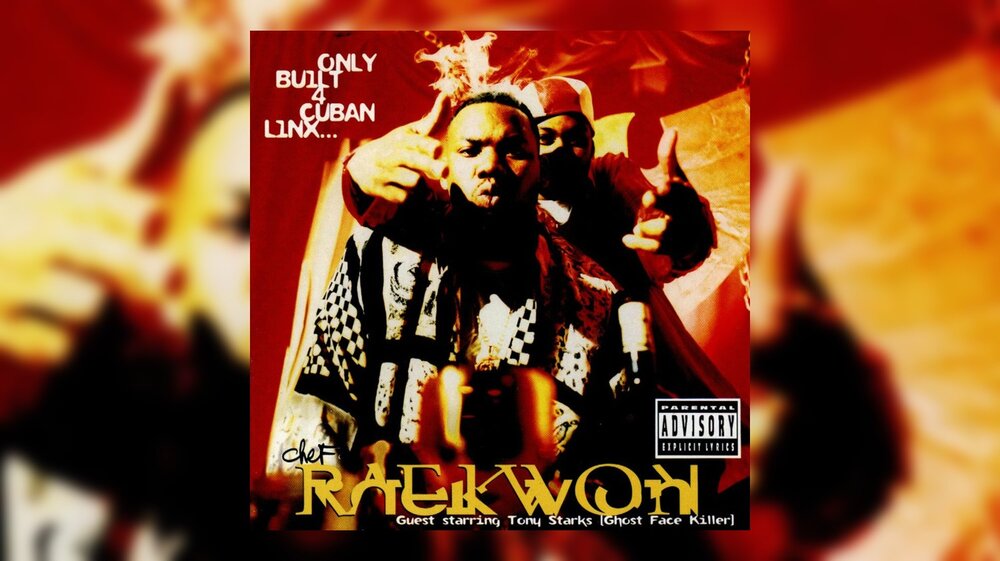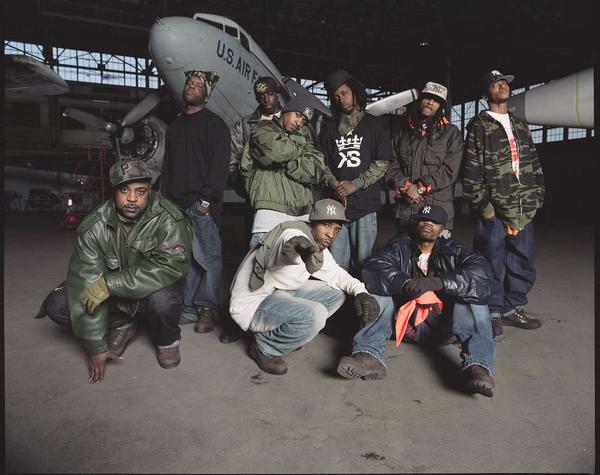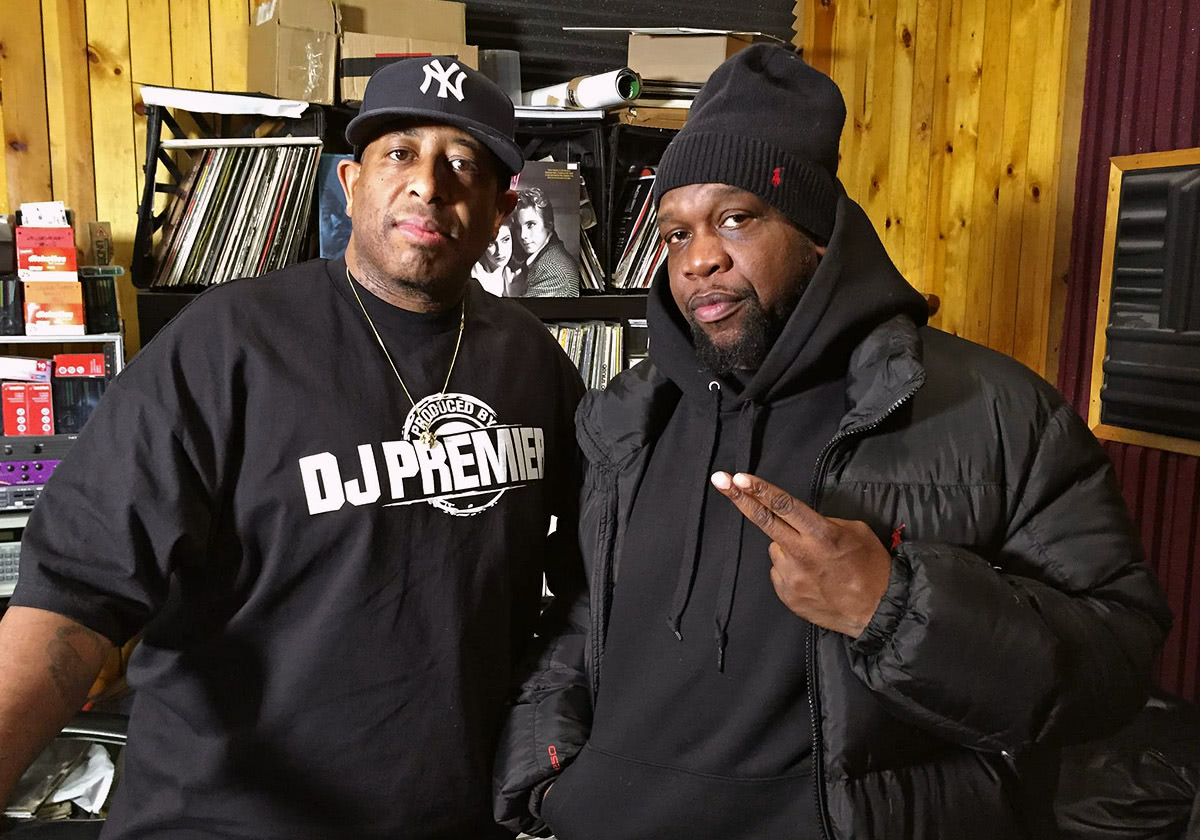This week marks the 30th anniversary of N.W.A.’s debut album, Straight Outta Compton. The project shifted the paradigm in Hip-Hop, shining a light on and delving into an ever-expanding geographical reach outside of the genre’s birthplace of New York City.
Six years prior, Grandmaster Flash and the Furious Five unleashed a defining inner city portrait and critique of minorities being trapped in the generational choke-hold of poverty in the form of their haunting song, “The Message.”

“The Message” – 35 Year Anniversary
Rather than bragging about girls, clothes or exhorting the chants and calls that were previously synonymous with the fun and celebratory elements of the music, “The Message” was the first sincere installment of Reality-Rap. They lamented the stresses of poverty in New York’s concrete jungle, those forgotten pockets of urban despair created intentionally by devious urban planners for the purposes of shielding those who had, while literally and figuratively choking the life of those who had not.
And it was not in the least bit ironic or random that those who suffered most were people of color.
Broken glass everywhere
People pissin’ on the stairs, you know they just don’t care
I can’t take the smell, can’t take the noise
Got no money to move out, I guess I got no choice
Rats in the front room, roaches in the back
Junkies in the alley with a baseball bat
I tried to get away but I couldn’t get far
‘Cause a man with a tow truck repossessed my car…
Got a bum education, double-digit inflation
Can’t take the train to the job, there’s a strike at the station…
A child is born with no state of mind
Blind to the ways of mankind
God is smilin’ on you but he’s frownin’ too
Because only God knows what you’ll go through
You’ll grow in the ghetto livin’ second-rate
And your eyes will sing a song called deep hate
The places you play and where you stay
Looks like one great big alleyway
You’ll admire all the number-book takers
Thugs, pimps and pushers and the big money-makers
Drivin’ big cars, spendin’ twenties and tens
And you’ll wanna grow up to be just like them, huh
Smugglers, scramblers, burglars, gamblers
Pickpocket peddlers, even panhandlers
You say I’m cool, huh, I’m no fool
But then you wind up droppin’ outta high school
Now you’re unemployed, all non-void
Walkin’ round like you’re Pretty Boy Floyd
Turned stick-up kid, but look what you done did
Got sent up for a eight-year bid…
Bein’ used and abused to serve like hell
Til one day, you was found hung dead in the cell
It was plain to see that your life was lost
You was cold and your body swung back and forth
But now your eyes sing the sad, sad song
Of how you lived so fast and died so young so…
Don’t push me ’cause I’m close to the edge
I’m trying not to lose my head
It’s like a jungle sometimes
It makes me wonder how I keep from goin’ under
It’s like a jungle sometimes
It makes me wonder how I keep from goin’ under.
Contrary to popular opinion, the polarizing group N.W.A. did not invent the so-called “Gangster Rap” genre. They simply followed in the tradition of Grandmaster Flash, and others like Phillys Schoolly D and L.A.s Ice-T as the early pioneers of rappers who used their pens to tell the truth about what was really going on in the hood.
These early Hip-Hop pioneers were themselves walking in the previously established footsteps of earlier urban griots like The Last Poets, Gil Scott-Heron, Marvin Gaye, Curtis Mayfield and James Brown, among others, who were inspired equally by the beat of the African drum and ’60s era Black Nationalism.
Gil Scott-Heron — The Bottle (Official Version)
music video for Gil Scott-Heron’s “The Bottle” Directed by Steve Rivo and Adam Shore. Produced in 1998 as part of CD re-issue of “Winter In America” on TVT Records.
The white media called it “Gangster Rap”, but however it’s framed, N.W.A. took the realness of our despair off the fringe in the most incredible way, delivering it to mainstream, suburban white America with a bombastic ferocity that had never been seen before. And they did it without a single minute of radio airplay.
If Public Enemy made a segment of society nervous with their aggressively kinetic offerings of Black Steel in the Hour of Chaos and Fight The Power, then N.W.A. absolutely and completely proceeded to terrify that demographic when they dropped Straight Outta Compton in 1988.
N.W.A. – Straight Outta Compton
Get N.W.A vinyl here: http://smarturl.it/NWAstore Listen to N.W.A on Spotify: http://smarturl.it/NWASpotify Find N.W.A titles on Apple Music: http://smarturl.it/AppleMusicNWA and Google Play: http://smarturl.it/NWAGooglePlay Get the ‘Straight Outta Compton’ CD here: http://smarturl.it/NWAOuttaComptonCD Like N.W.A on Facebook http://facebook.com/NWAmusic Like Eazy-E on Facebook http://facebook.com/EazyEMusic Find iconic hip hop albums reissued on vinyl here: http://respecttheclassics.com Official video of N.W.A.
When Dre lights the fuse with the words, You are now about to witness the strength of street knowledge, the fuse that will change the face of music is irreversibly lit. It is the seminal moment that will resonate forever on the musical landscape, a seismic event that, in one monotone gesture, will turn Hip-Hop into the new Rock and Roll.
Ice Cubes opening verse is unlike anything that’s ever been heard before. When he spits, Me and you can go toe-to-toe no maybe, Im knocking suckas out the box daily. Yo weekly, monthly and yearly, until the whole damn world sees clearly, that Im down with the capital C.P.T., Boy you cant step to me!, hes sending a clear message that the game done changed.
When Eazy-E begins his verse by saying that hell smother your mother, and proceed to make your sister think that he loves her, maaaaaan listen!!! In the span of those few minutes, the West Coast jacked the Hip-Hop crown from their contemporaries back east with an intense, vicious ferociousness reminiscent of Karvel’s interrogation of Lenny in Snowfall.
N.W.A. – Fuck Tha Police (The Explicit)
West Coast Rap Released: Jul 02, 1996 Compilation 2002 Priority Records, LLC. All rights reserved. Unauthorized reproduction is a violation of applicable laws. Manufactured by Priority Records, LLC,) Biography N.W.A, the unapologetically violent and sexist pioneers of gangsta rap, are in many ways the most notorious group in the history of rap.
Those with limited understanding bashed “F*** tha Police” as glorifying violence against law enforcement, but they couldnt read into the groups social commentary about racial profiling and cops wantonly and recklessly abusing African-American men, sometimes murdering them after minimal to no provocation, and not suffering any consequences behind their lawless brutality.
After the Rodney King verdict and the resulting riots that rocked Los Angeles, and even now, close to 30 years later in the wake of the police killings of Michael Brown, Eric Garner, Tamir Rice, Alton Sterling and countless others, folks are just beginning to understand the depth of the abuse, hurt, fury and antagonism, and their underlying roots.
“F*** tha Police” is very much on par with Billie Holidays chilling and distressing song that protested the lynching of African-Americans, “Strange Fruit“, a lyrical manifestation of a distressed resistance to racism, reckless endangerment, institutional violence and wanton death directed at the innocent and vulnerable black body.
30 years later, N.W.A.’s cultural commentary and societal critique remains just as raw, as relevant, as piercing as ever. They delivered the truth and nothing but the truth. And those who weren’t familiar with the world they inhabited, and the extended tentacles that stretched across all of America’s urban nerve centers, simply couldn’t handle the truth.
Sadly, it’s a truth that’s still alive and well today.



